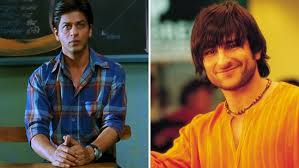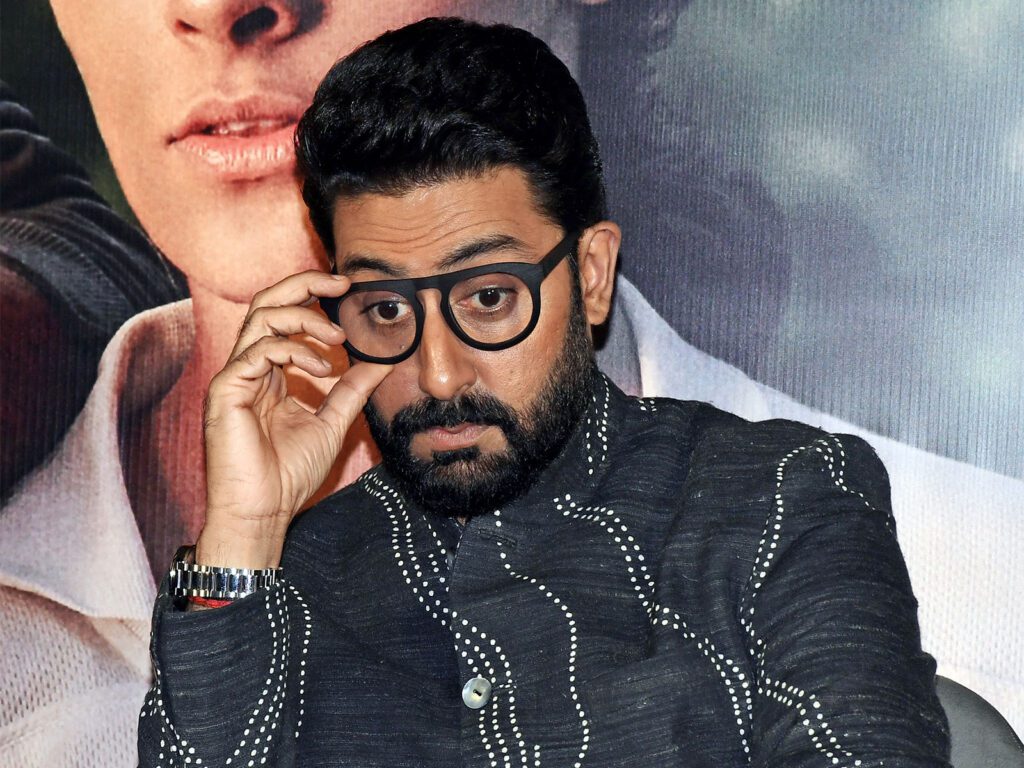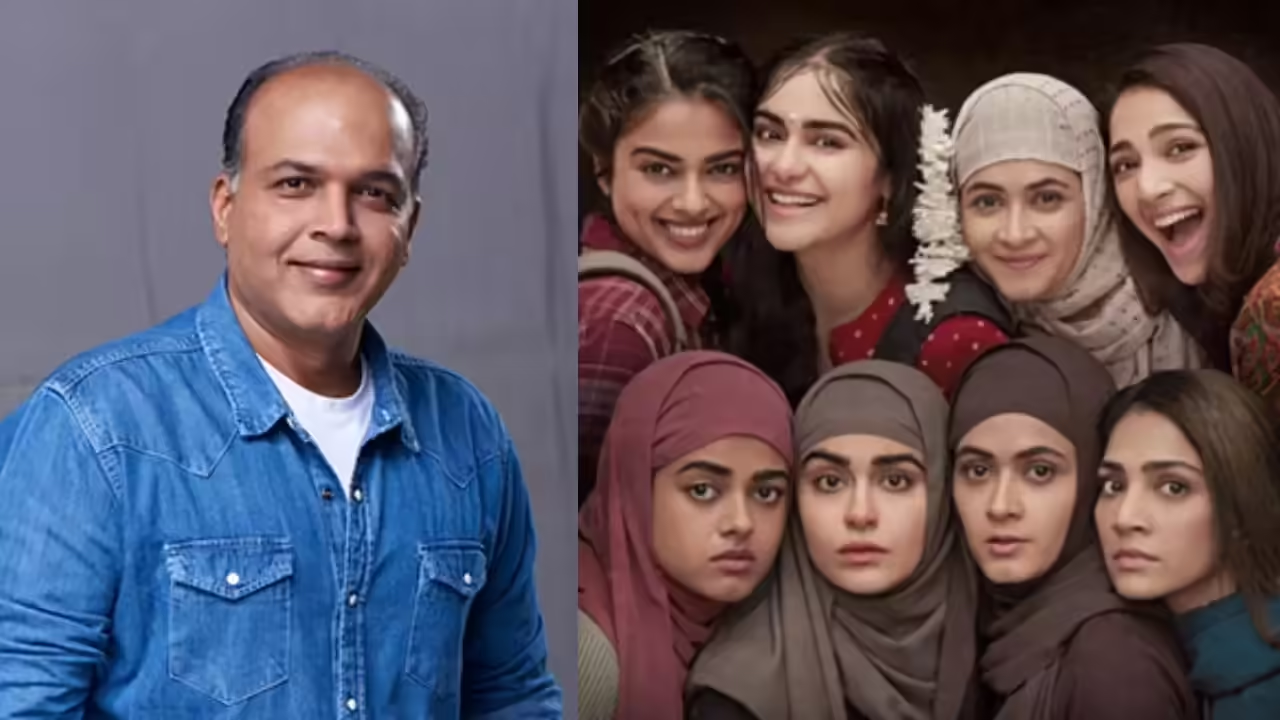Now Reading: Shah Rukh Khan Once Said He Deserved the National Award for Swades Over Saif’s Win for Hum Tum
-
01
Shah Rukh Khan Once Said He Deserved the National Award for Swades Over Saif’s Win for Hum Tum
Shah Rukh Khan Once Said He Deserved the National Award for Swades Over Saif’s Win for Hum Tum

Back in 2004, two Bollywood films created very different waves—Swades, a socially grounded story led by Shah Rukh Khan, and Hum Tum, a rom-com that earned Saif Ali Khan a National Award. Years later, Shah Rukh Khan candidly shared that he felt Swades was one of his finest performances and believed it deserved the National Award more than Hum Tum.
A Performance That Still Resonates
In Swades, Shah Rukh played Mohan Bhargava, a NASA scientist who returns to India and reconnects with the roots of rural India. His portrayal was restrained, real, and emotionally layered—very different from his typical larger-than-life roles. Even today, Swades is considered one of SRK’s most impactful films, especially among audiences from Tier 2 cities who could relate to the rural challenges shown on screen.
SRK’s Honest Confession
Years later, during an interaction, Shah Rukh revealed he felt that Swades should have brought him the National Award for Best Actor. While clarifying he had nothing against Saif, he honestly believed that the depth and purpose of his performance in Swades were on another level. It wasn’t arrogance—it was a rare moment of introspection about what kind of roles actually matter in the long run.
Swades vs Hum Tum: Two Very Different Worlds
While Swades tackled electricity shortage, caste discrimination, and rural upliftment, Hum Tum was a stylish, modern-day rom-com that charmed metro audiences. The difference in tone and message was vast, and so were the reactions from different parts of India. In smaller towns, where the themes of Swades felt more personal, many still agree with SRK’s sentiment.
What It Tells Us About Awards
Khan’s remark also sparks a broader question—what do awards reward? Mass appeal or message-driven content? Emotional depth or box office performance? His statement wasn’t just about him; it quietly hinted at the many overlooked performances across Indian cinema that don’t always fit the award formula.
Conclusion
Shah Rukh Khan’s opinion on the Swades vs Hum Tum debate isn’t about taking away credit from anyone. It’s a reminder that sometimes, powerful storytelling and quiet brilliance don’t get their due in their time. And years later, it’s the performances rooted in reality that stay with people the longest.

























